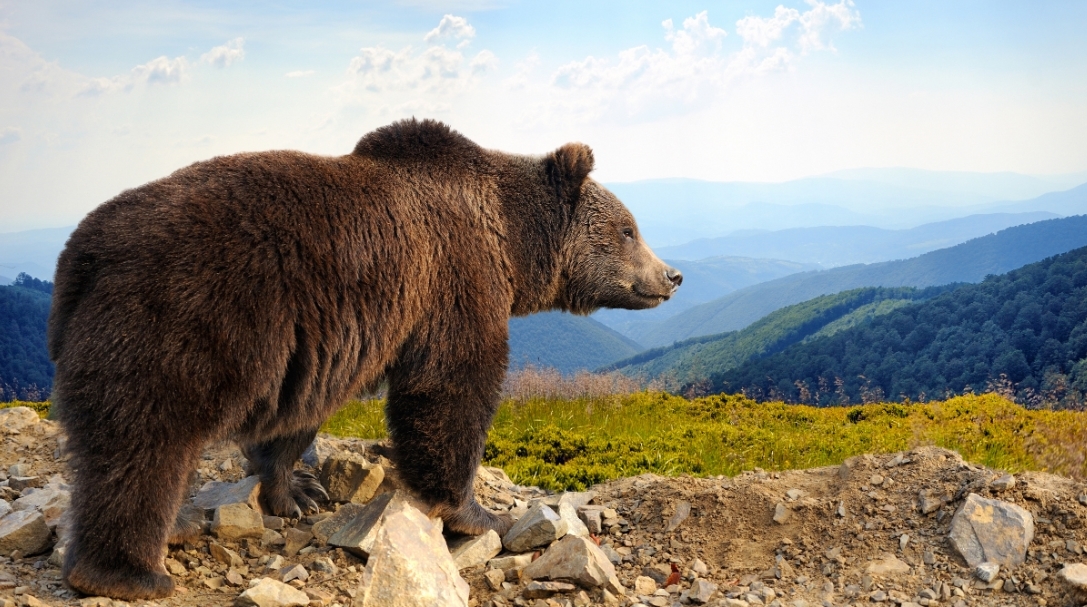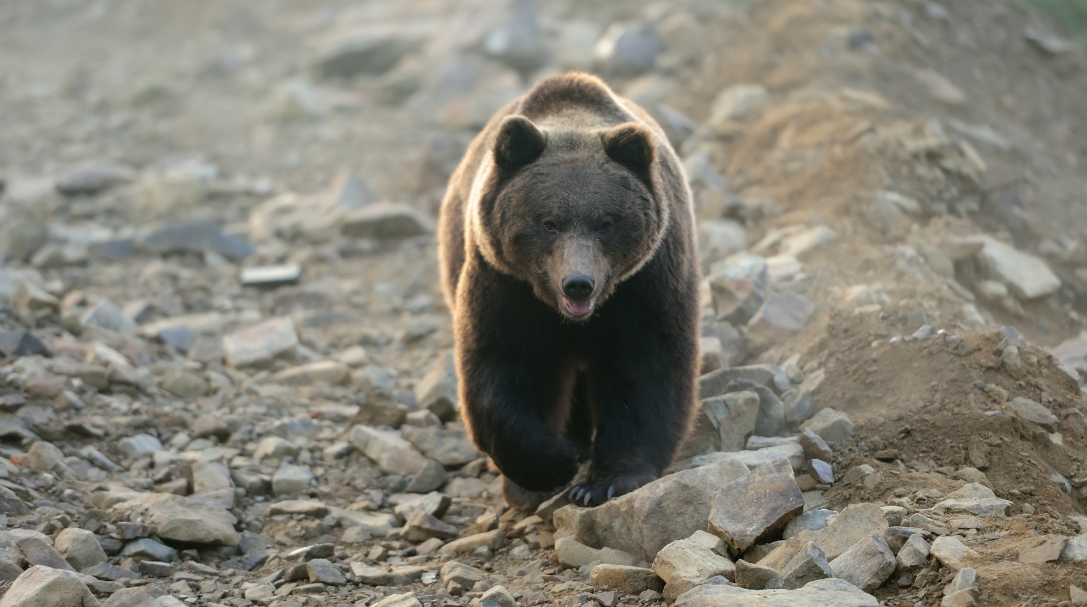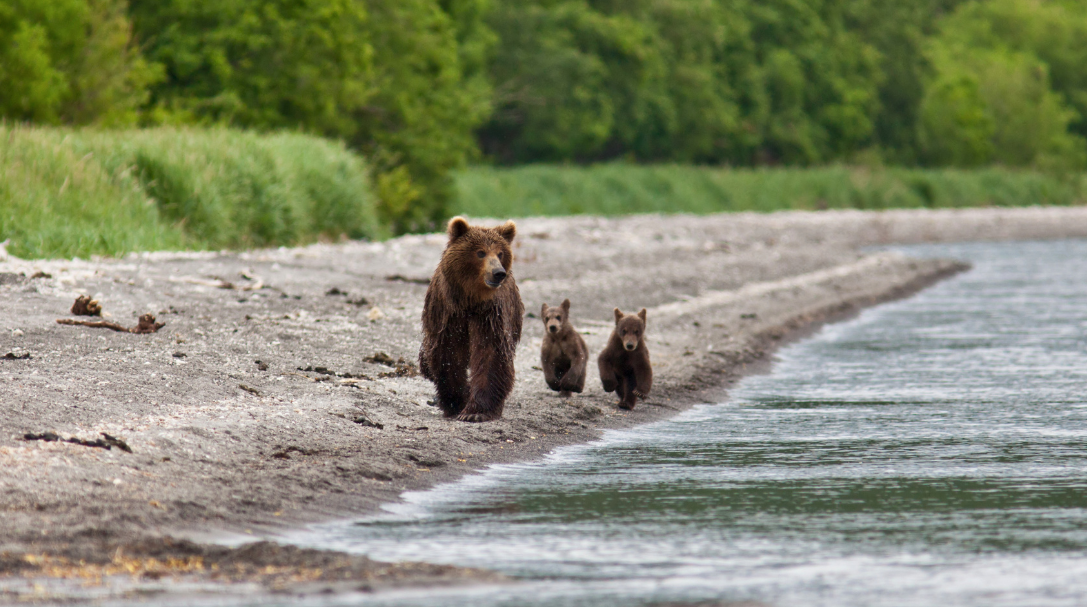Bears are amazing creatures and it is a thrilling experience to see one— especially if it is not from an suitable distance (never recommended).
When backpacking or hiking in a spot inhabited by bears, black bears, or grizzlies, there are precautions and safety measures you can take so you are less likely to encounter them.
Planning Your Hike in Bear Country

Before you start your trip and head into the backcountry, look into what bear-related regulations are at your destination. Some parks may require bear canisters; others may not.
In national parks where there are grizzlies, such as Glacier or Grand Teton, forest rangers encourage you to carry a can of bear spray. In others, like Yosemite, where only black bears inhabit the place, bear spray is not allowed.
In some hiking and backpacking spots, even before you arrive at your first campsite, you may be lucky (or unlucky!) enough to see a bear. Your main goal should be not to startle it, especially a mother bear with cubs.
Below are some guidelines that are particularly important to follow in grizzly territory, but can apply to black bear habitat as well.
How to Avoid Bears While Hiking

- Talk to the local authorities or park rangers in the area of your next trip about local bear activity.
- Avoid hiking at dusk or dawn. That is when bears are most active.
- Hike in a big group of four or more and stay close together; big groups are less likely to be attacked.
- Make noise as you hike in order not to startle a bear. Shout “Hey, bear!” every so often, talk or sing loudly, clap hands, and clack trekking poles together. The National Park Service doesn’t advise that you use a whistle or scream. These noises can sound like an in pained animal, which may attract a bear.
- Carry bear spray all throughout your trip. Bear spray has red pepper derivatives that affect the bears’ eyes and respiratory system. It is designed to repulse an attacking bear and empties in only 7-9 seconds. It’s effective at a distance of 12-30 feet.
- Warning: Never prematurely spray your tent or pack with bear spray; it is NOT like mosquito repellent. It may even attract bears.
- Lastly, bears like food. Bears that have eaten human food tend to try to find it again and that can become a big issue for the public, so these bears are usually relocated or euthanized. For the bears’ welfare and your own, use proper precautions and don't let the bears get any of that sweet, sweet human food.
What To Do If You Encounter a Bear

- Never intentionally get closer to the bear.
- If you see bear cubs, keep as far away as possible. Mother bears can be incredibly territorial near their young and have been known to attack at close range without warning.
- If you see a bear before it spots you, back well away, and keep your eyes on the bear.
- If you are with others, stay together to look more intimidating.
- If you have bear spray, get it ready.
Respect the Bears! #BearAware
Hyke & Byke - Adventure Ready Gear



